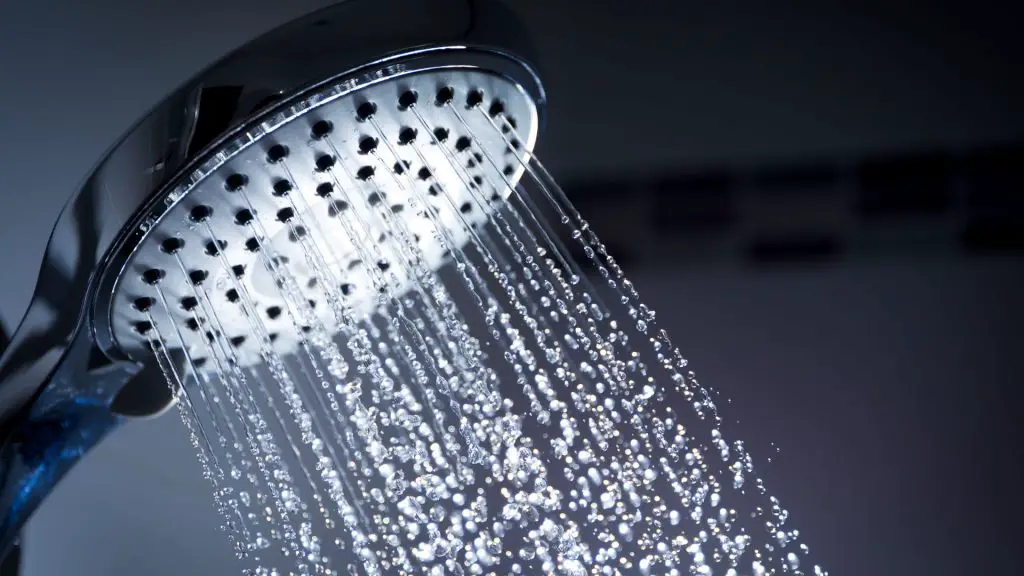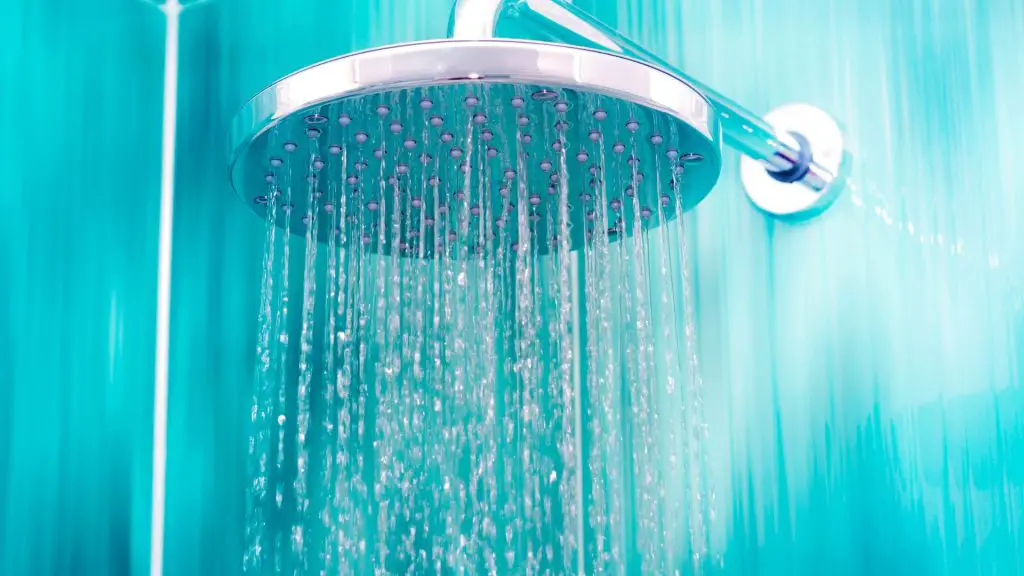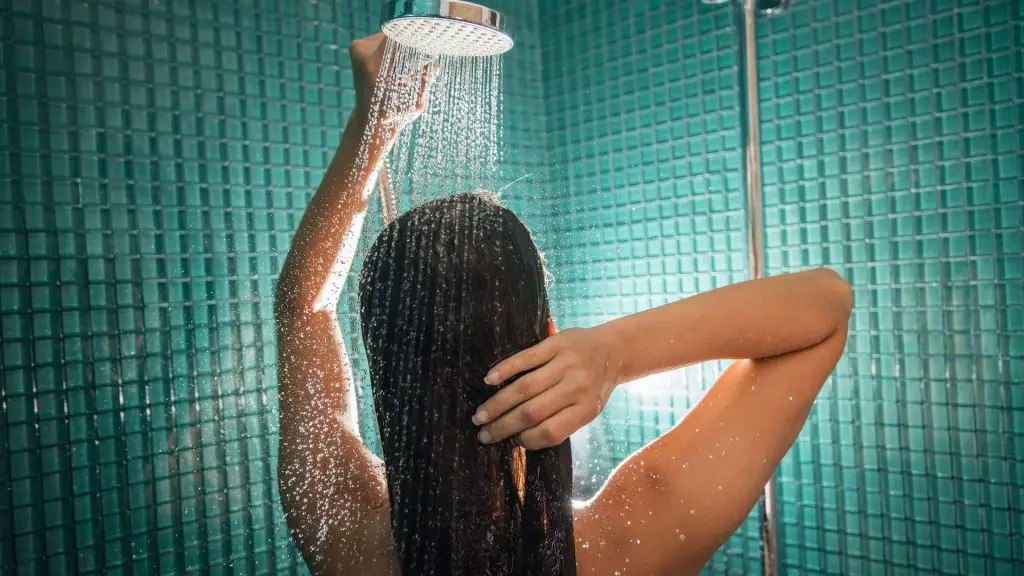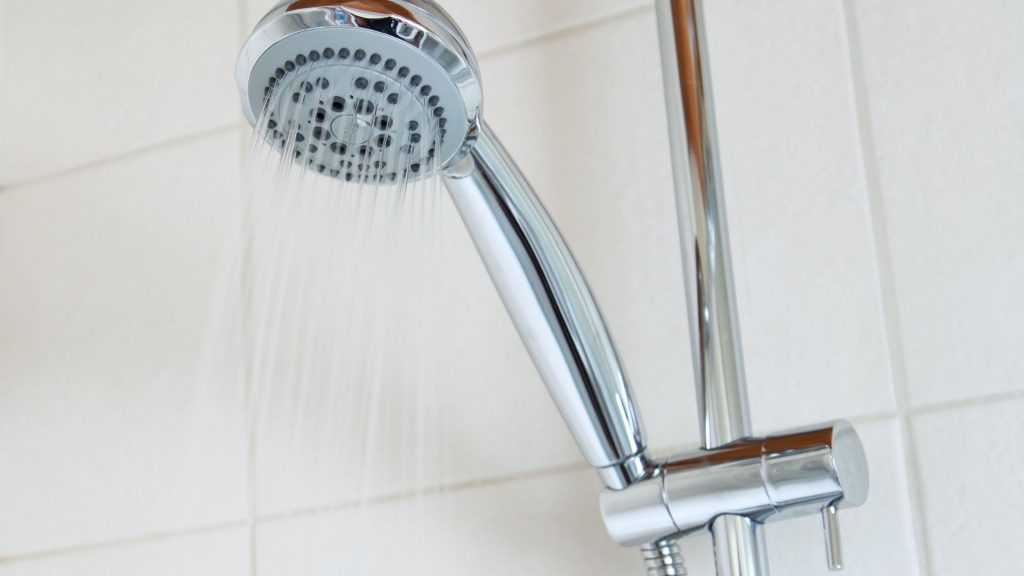As many of us know, deciding to take a cold shower or a warm one is not easy. Not only do we have to consider whether a hot or cold shower will make us feel the best, but we also need to weigh the pros and cons of each one. In this article, we will examine cold and warm showers in detail, exploring the benefits and drawbacks of either choice.
Cold vs. Warm Showers

There can be a great debate on whether cold or warm showers are best. Some swear by the energizing effects of cold water, while others refuse to part from their beloved hot shower. So which is really better for you: cold or warm?
Cold showers have some definite benefits; one is that they help improve circulation and blood flow throughout the body. They also have invigorating properties that can help wake up your senses and focus your mind in the morning. Additionally, researchers think that exposing yourself to sudden changes in temperature—like those experienced when taking a cold shower—may increase the production of white blood cells, which helps strengthen your immune system.
On the other hand, warm showers can be incredibly relaxing and help reduce stress levels since they cause a decrease in cortisol levels (a hormone related to stress). Keep reading as we dig down into the benefits and drawbacks.
Benefits of Cold Showers

When it comes to taking a shower, most people opt for a warm shower. After all, it’s comforting and relaxing. But there are many benefits to cold showers that shouldn’t be overlooked! Taking regular cold showers can have a significant impact on your overall health and well-being.
Cold showers can help to stimulate circulation and improve muscle recovery after exercise. Hard water is thought to reduce inflammation in the body, which can help with joint pain and other chronic pain conditions. Additionally, cold showers may give an energy boost by increasing alertness due to the shock of the cold temperature! Hard water also helps to close pores in the skin, which may reduce acne breakouts. And finally, research has found that exposure to colder temperatures can increase “happy hormones,” such as endorphins – giving you an overall sense of well-being!
Benefits of Warm Showers
When it comes to showering there are two options when it comes to the temperature. Cold showers or warm showers? So, what are the benefits of warm showers?
Warm showers can help relieve pain and tension caused by sore muscles and stiff joints. The heat from a warm shower can help reduce inflammation and provide instant relief from discomfort. Furthermore, warm water has been known to improve circulation throughout the body, which helps relax tense muscles and increase blood flow.
A hot shower also has many mental health benefits, such as reducing stress and anxiety. It can also be used as relaxation therapy, helping you unwind after a long day at work or school. Warm water can also reduce fatigue by improving energy levels throughout the day.
Why Do We Like Warm Showers?

Humans often have their own preferences regarding daily routines and activities. One of the most simple yet essential activities is showering. When it comes to choice in temperature, many people tend to lean towards warm showers over cold showers. But why is that?
In terms of comfort, warm showers are often more soothing and calming than cold ones. The hot water can help relax any muscle tension and even provide a sense of relaxation for the mind. After a long day or hard workout, a good shower can be just what someone needs. In fact, some people also report that taking a warm shower helps them feel less stressed overall.
Another reason many prefer warm showers is that they give off a feeling of cleanliness while still being gentle on sensitive skin types.
Considerations for Skin & Hair

There are many considerations to make when it comes to hair and skincare. The type of shower you take can significantly impact the health and appearance of your hair and skin. Cold showers or warm showers – which is best? To answer this question, let us explore the effects of hot and cold water on hair and skin.
Cold water can help close pores in the skin, while warm water opens them up and allows for better absorption of conditioners and moisturizers. Furthermore, hard water seals in natural oils in the scalp that provide essential nutrients. On the other hand, warm showers may bring comfort during colder months, but they also strip away natural oils from the scalp that are necessary for healthy hair growth. Additionally, using too much heat when styling your hair can cause heat damage over time if not managed correctly.
Cold Showers Help Downsize Muscle Soreness

As athletes and exercise enthusiasts know, muscle soreness is an inevitable consequence of strenuous physical activity. But the right kind of shower can help to reduce the amount of discomfort felt in aching muscles and joints. A cold shower might be just what the doctor ordered to ensure a speedy recovery after an intense workout.
Cold showers have been scientifically proven to relieve pain caused by overexertion or injury and relieve inflammatory conditions such as arthritis and joint stiffness. The cold water helps to constrict blood vessels and reduce inflammation, meaning that your muscles will feel less tense, and your range of motion will improve after even a short cold shower. Additionally, cold water can help increase soft tissue circulation, leading to faster healing times for any muscle tears or minor injuries you may have sustained during your workout.
Managing Temperature Comfortably

Managing your temperature comfortably can be a challenge. Whether you’re trying to keep cool in the summer or bundled up and cozy in the winter, there are several ways to maintain the ideal temperature. One of the biggest debates among comfort seekers is about cold and warm showers. So which is best?
Cold showers have a few benefits that can’t be ignored when it comes to regulating your body’s temperature. A cold shower helps to decrease inflammation and boosts blood circulation, leading to an overall sense of alertness and energy. It’s also incredibly detoxifying for your skin, removing toxins deep within your pores, like sweat and sebum. On top of that, taking a cold shower increases endorphin levels throughout your body -– providing an overall mood boost!
Other Factors to Consider

When deciding between cold and warm showers, there are more factors to consider than just the temperature. Choosing a shower type can impact not only your physical health but also your mental and emotional states.
Firstly, think about how often you are taking a shower. A cold shower may be the best option for reducing inflammation and muscle soreness if you’re washing away sweat from exercising or any other strenuous activity. Alternatively, warm water will help loosen up tight muscles and reduce stress levels due to its calming effects if you want to relax in the shower after a long day at work.
Another factor is based on whether you prefer more of an invigorating experience or one that helps calm down your senses before bedtime.
Conclusion: Best Choice Depends

At the end of the day, the decision to take a cold or warm shower depends on individual preference. It is widely believed that a hot or cold shower can improve overall physical and mental health – each offering unique benefits.
The question then arises: which one should you choose? The answer is not simple, as both hot and cold showers affect the body differently. Cold showers may help reduce inflammation, while hot can relax and relieve tired muscles. On the other hand, long-term use of hot water can dry out skin, leaving it feeling tight and uncomfortable.
Ultimately, it comes down to choosing which type of shower is best for you; however, experts suggest alternating between hot and cold water for optimal results.
